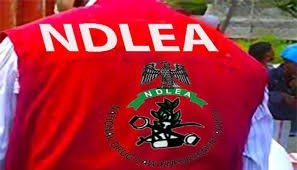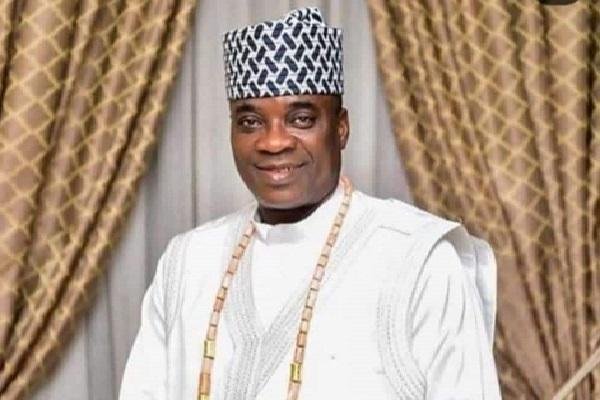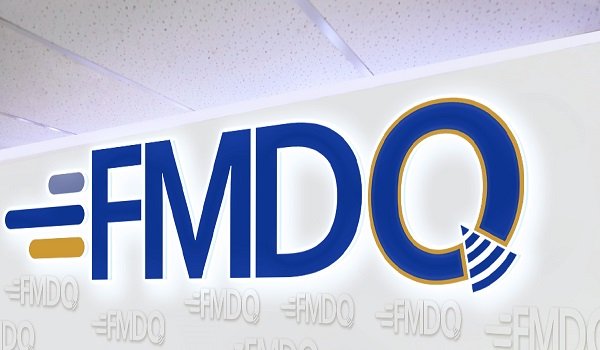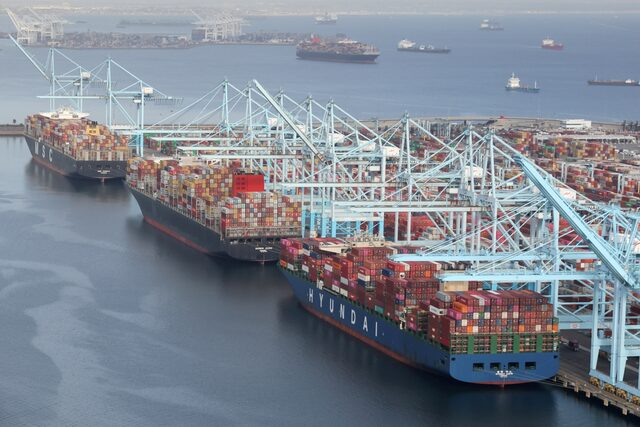The National Drug Law Enforcement Agency (NDLEA) has signed an agreement with India’s Narcotics Control Bureau (NCB) to carry out joint efforts in tackling the illegal trafficking of drugs between both countries.
The agreement, reached during a virtual meeting on Wednesday, specifically targets the illicit shipment of opioids such as tramadol and codeine-based syrups into Nigeria from India. The meeting was held between the NDLEA Chairman, retired Brig. Gen. Buba Marwa, and NCB Director-General, Mr. Anurag Garg.
In a statement issued by the NDLEA spokesperson, Marwa highlighted the serious threat that illicit drugs pose to public health and national security in both countries. He emphasised the urgent need to strengthen the partnership between the two agencies under the Memorandum of Understanding (MoU) signed in 2023.
Also Read:
- President Tinubu Assents to Four Tax Reform Bills, Withholds Assent on NDLEA Bill Over Drug…
- Naira Marley: Music Mogul or Criminal Mastermind?
- Aveo Pharmaceuticals: BBC Investigation Reveals Indian Firm Fueling West Africa’s Opioid Crisis
- Despite Widespread Legislation, Global Drug Users Hit 316 million in 2023 - UN
“The main reason I requested this engagement is the illicit importation of tramadol and codeine cough syrup into Nigeria from India, a concern I raised when we signed the MoU,” Marwa said. “In the last 18 months, from January 2024 to June this year, we have seized over one billion opioid pills, mostly tramadol, and more than 14.4 million bottles of codeine syrup. We need the support and collaboration of the NCB to address this.”
Marwa also called for enhanced capacity-building support, requesting specialised training for NDLEA officers in areas such as drug investigation, cybercrime, financial forensics, and dark web monitoring. “We would appreciate the opportunity to benefit from your knowledge and experience through structured training programmes,” he added.
Indian Response
In response, NCB Director-General Garg affirmed the importance of cross-border cooperation, stating that the global drug trade is driven by transnational syndicates that disregard borders and national laws.
“We know transnational syndicates are behind these drug shipments into Nigeria, and we’re ready to collaborate with you,” Garg said. “This meeting is a step forward in strengthening our cooperation. We must work together if we are to defeat this menace.”
Garg also welcomed the request for training, stating that the NCB is prepared to design tailored programmes for NDLEA personnel. “We have a training centre that can host your officers, and we’re happy to share our expertise on issues like clandestine labs, precursor chemicals, darknet monitoring, and investigative techniques,” he said.
The meeting was attended by senior officials from both agencies and reaffirmed the shared commitment to curbing drug trafficking through closer collaboration and intelligence sharing.






















